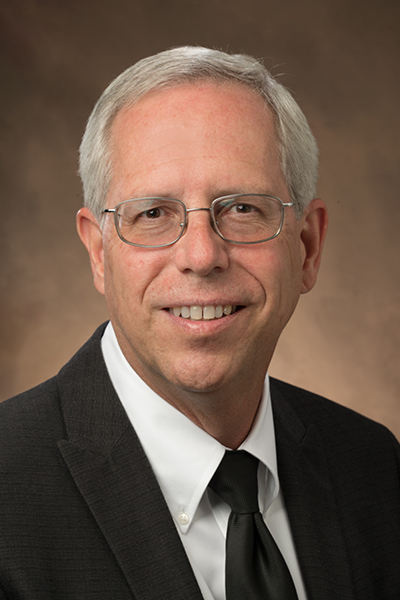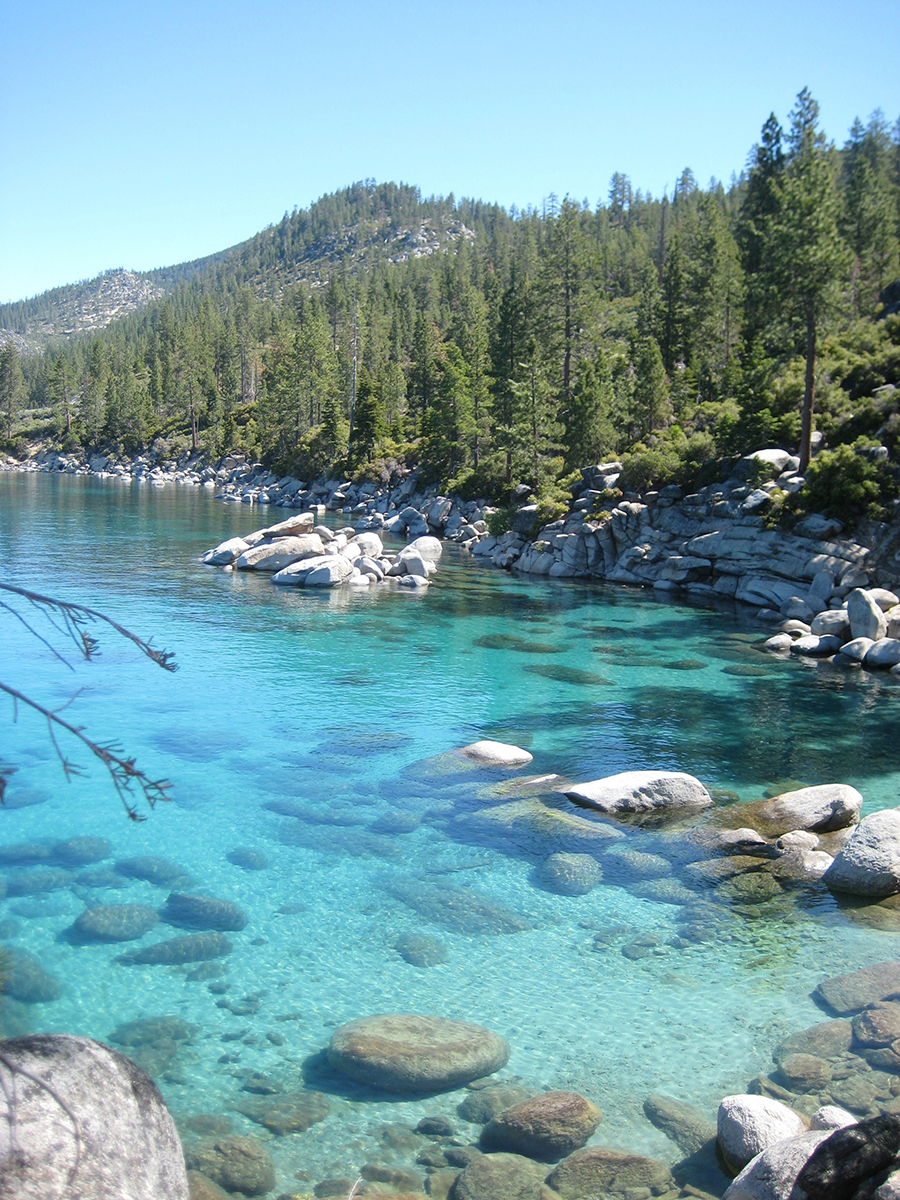
Jim Oris awarded Benjamin Harrison Medallion
Written by Margo Kissell, university news and communications, kisselm@MiamiOH.edu

Jim Oris will receive the Benjamin Harrison Medallion during the commencement ceremony May 16.
Jim Oris, associate provost for research and scholarship and dean of the Graduate School, will receive Miami University's prestigious Benjamin Harrison Medallion during the May 16 commencement ceremony.
Oris is known internationally for his research on the ecological toxicology of organic chemicals in aquatic systems. He was awarded the title of University Distinguished Professor of Biology by Miami University's board of trustees in 2013.
The Benjamin Harrison Medallion Award is one of the most significant recognitions Miami offers faculty for contributions attesting to qualities of teaching, research and/or service. It is named for Benjamin Harrison, the 1852 Miami graduate and 23rd president of the United States, serving from 1889-1893.
Oris, who received his doctorate from Michigan State University, joined Miami in 1986 as an assistant professor of zoology.
He was appointed associate dean for research and scholarship in 2008. That same year he was selected as a Miami University Distinguished Scholar.
At that time, he became the chief advocate for research expansion at Miami, which eventually led to his current position as associate provost for research and scholarship and dean of the Graduate School in 2012. In that dual role, he oversees the office for the advancement of research and scholarship.
Last year he led the initiative to form the office of research for undergraduates in King Library to coordinate research activity by undergraduate students across the university and market programs to current and prospective students.

Sand Harbor, a highly transparent site in Lake Tahoe, is used for research by Jim Oris and other Miami ecologists. Oris' research led California to ban certain types of watercraft from the lake (photo by Carrie Kissman).
An environmental toxicologist and a leading authority on phototoxicity, his research has a primary focus on the effects of polycyclic aromatic hydrocarbons (formed when oil burns with gasoline in engines) in freshwater systems.
His research has led California to ban certain watercraft in Lake Tahoe. He also has provided scientific leadership on the assessment of clarifying the effects of the oil spill in Prince William Sound by the Exxon Valdez and studied the effects of the Deepwater Horizon oil spill, particularly the photo-enhanced toxicity of the oil to fish and zooplankton in the Gulf of Mexico.
Two nominators for this award said, "In addition to his work on the impacts of fossil fuels in the aquatic environment, he has collaborated on research addressing experimental design and statistical analysis of aquatic toxicity tests. More than a dozen of his peer-reviewed articles address important issues related to aquatic toxicity testing and have resulted in widely accepted methodological approaches in chemical safety and ecological risk assessments."
Oris' work has been supported by more than $4 million in external research funding and has resulted in more than 100 papers, review articles and invited book chapters.
He has served as editor of two professional journals, including Environmental Toxicology and Chemistry, and on the editorial boards of three others.
His administrative contributions at Miami include 10 years as director of graduate studies in zoology; a member of the University Senate and chair of the Senate Executive Committee; and service on numerous committees, including as chairman of the Regional Campuses Process Committee.
Oris served as president for two years on his discipline's leading organization, the Society of Environmental Toxicology and Chemistry, North America, and also has been a member of the U.S. EPA's Science Advisory Board.
